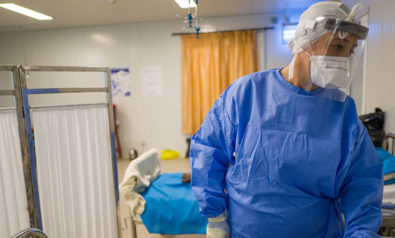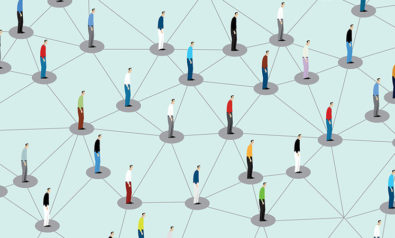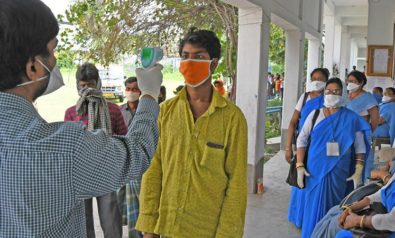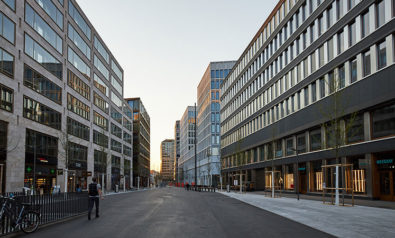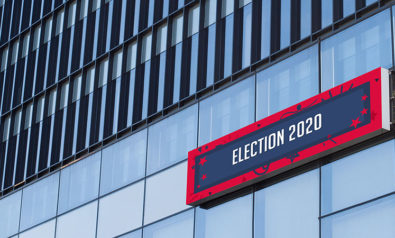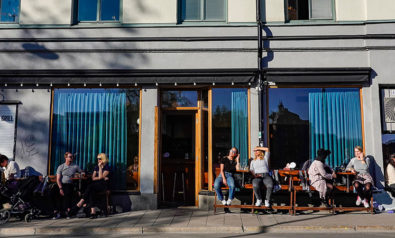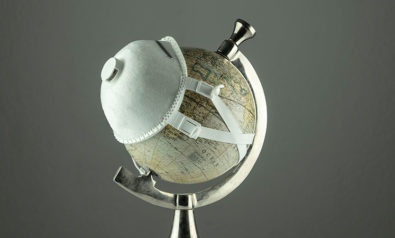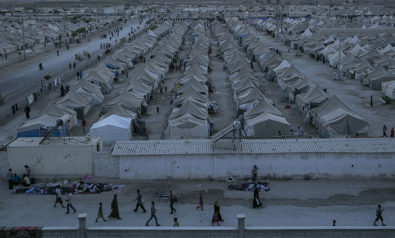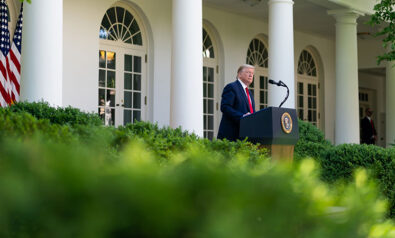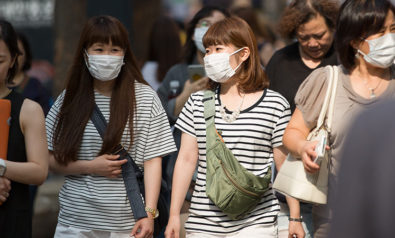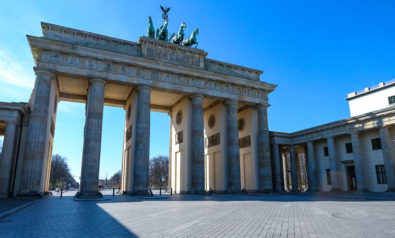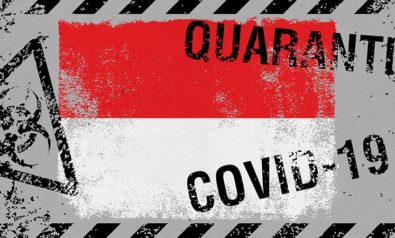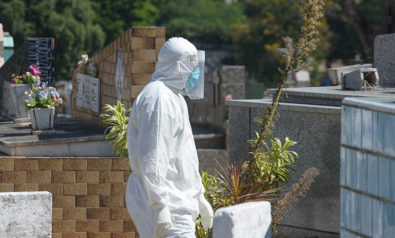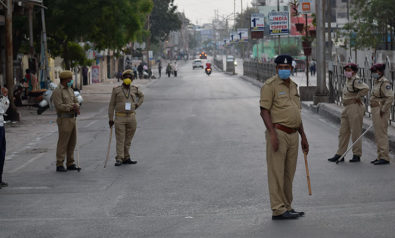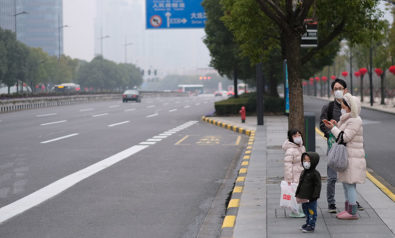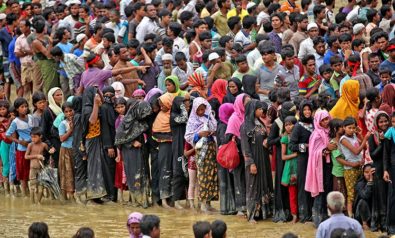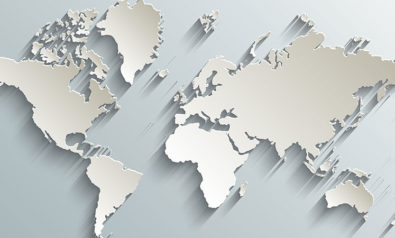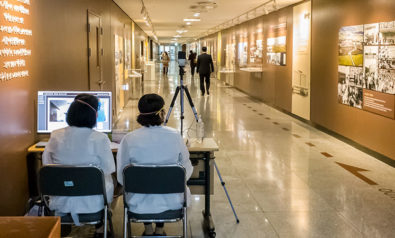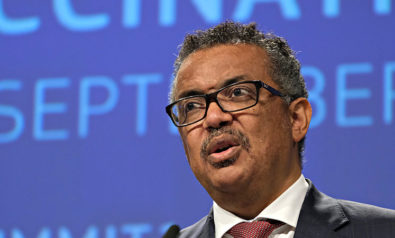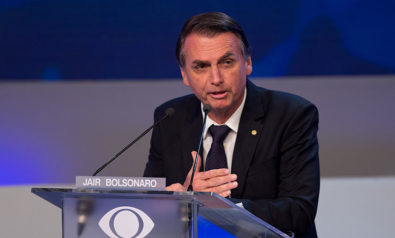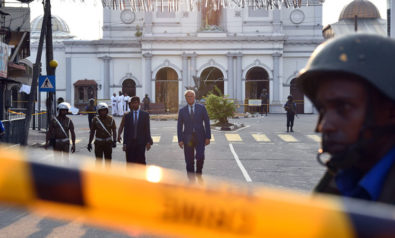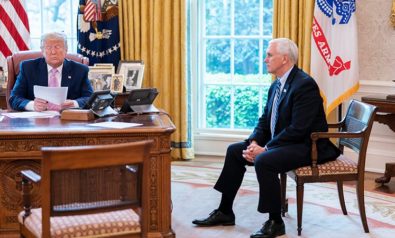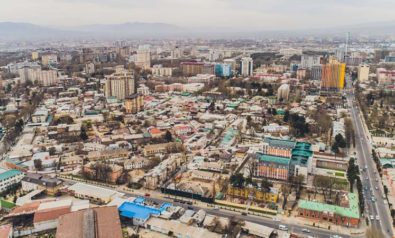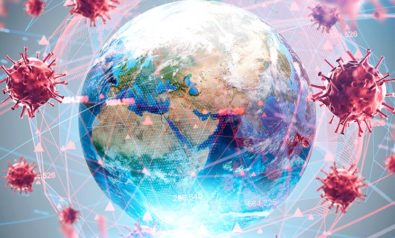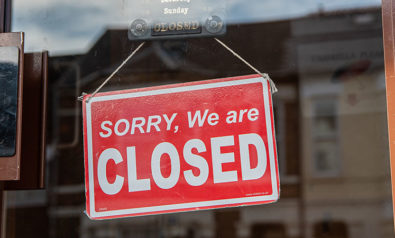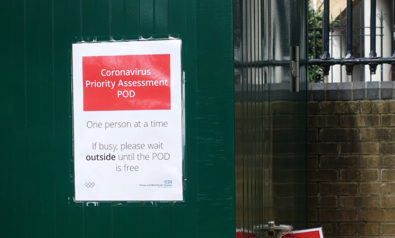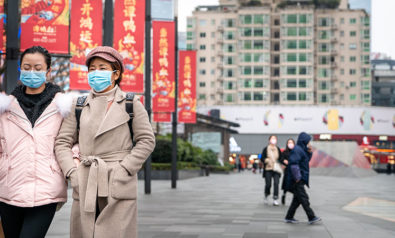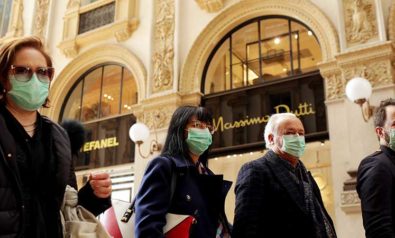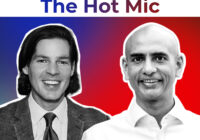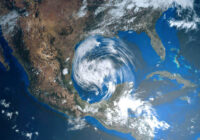The term soft power was coined by Joseph Nye in the late 1980s as a country’s ability to influence others without the use of force. Soft power is established in culture and grounded in history, unlike hard power, which is based on coercion and the use of military and economic means. Soft power and hard power can go hand in hand.
The United States, for example, has for a long time demonstrated how the two powers are complementary and both benefit foreign policy. A country capable of successfully dealing with a sudden, catastrophic event (such as a pandemic), will presumably be perceived as a reliable leader by the international community.
Racism in America Leaves Its Soft Power Greatly Weakened
Countries such as Germany, South Korea and New Zealand, where policies have been adopted rapidly by the political leadership in synergy with the scientific community, have seen their soft power rising dramatically. On the contrary, nations whose leaders have responded to the pandemic based on ideological or electoral calculus, such as the US, Brazil and the UK, have seen their international reputation jeopardized. Today, scientific and technical expertise are major sources of soft power for countries, and the political response to the COVID-19 pandemic is contributing to shaping a different geopolitical order.
Response Models
At the start of the COVID-19 pandemic, most political leaders benefited domestically from the rally-around-the-flag effect, the phenomenon whereby governments obtain a short-term increase in electoral support during times of crisis such as wars and natural disasters. However, the rise in popular support was sustained only in countries that have shown policies consistent with scientific expertise. Germany has been gradually emerging as the country that has better managed to contain the coronavirus outbreak, with Chancellor Angela Merkel saluted as capable of mixing science and political expertise to explain lockdown measures.
Similarly, South Korea has been widely applauded as a leader in this crisis, with its quick mass testing and hi-tech apps that trace and track the spread of the coronavirus, dramatically limiting the contagion. The South Korean model is considered to be the optimal response to a global pandemic.
On the opposing side are countries that have seen their soft power decline because of poor policymaking. The new centrality of scientific expertise at the time of the COVID-19 diminished the room of maneuver for populist and radical-right narratives. Historically, radical-right and populist parties have proudly exhibited an aversion to knowledge and complexity by openly opposing technocratic elites and experts in favor of the pure simplicity of “the people.” US President Trump, notwithstanding the rally-around-the-flag effect boosting his popular support early on in the outbreak, has appeared increasingly unease and nervous at dealing with journalists pressuring him during briefings he deems “not worth the time & effort.”
Trump’s discouraging disregard for expertise, which may have helped him in times of business as usual to galvanize his electorate, is now hurting his reelection campaign as the US remains an unenviable leader when it comes to the number of coronavirus deaths (nearly 118,000) and infections (over 2 million). In an unprecedented move, the social media site Twitter has resorted to fact-checking the president’s statements.
The UK, once a global leader in pandemic preparedness, was in for a surprise when Prime Minister Boris Johnson warned his fellow citizens that “many more families are going to lose loved ones before their time” to the coronavirus. The government had embraced the controversial idea of herd immunity, in which a high proportion of the population is exposed to the virus to build up antibody resistance in wider society, only to change course when it became clear that the strategy was unsustainable. Despite continuing to claim that its decision-making has been “led by science,” the government’s unclear policies and inadequate execution of lockdown and other measures have resulted in Britain having the highest death toll in Europe.
In Latin America, Brazil is most probably the country that has exhibited the slowest and least scientific approach to the pandemic only to eventually opt for a U-turn — a delay that has cost it over 46,000 deaths to date, second now only to the US in the number of infections that are nearing 1 million. According to The Guardian, governors of the 26 Brazilian states agreed that the strategy of President Jair Bolsonaro, who refused to listen to advice from his own scientific experts and continues to openly flout WHO guidelines, was “sowing confusion over the need for quarantine and social distancing measures.”
In the Spotlight
The rise or decline in soft power among states can be decisive in shaping a new geopolitical equilibrium that can play a key role for smaller countries in terms of reputation. New Zealand and Sweden are two countries that have found themselves under the spotlight of the world media for their management of the coronavirus outbreak. New Zealand, under the leadership of its Prime Minister Jacinda Ardern, has been widely acclaimed together with South Korea for its quick response: By the time it declared the outbreak contained earlier this month, the country of 5 million saw 22 deaths and just over 1,500 infections.
On the opposite side, Sweden is seen as deliberately opting to sacrifice the lives of its most vulnerable citizens by adopting the same herd immunity strategy the UK was forced to abandon. The result there is more than 5,000 deaths and over 50,000 infections for 10 million inhabitants. Neighboring Denmark, Finland and Norway, with a collective population of almost 17 million, reported 600, 326 and 244 deaths respectively to date, almost a quarter of Sweden’s toll. The policies of the Swedish leadership have been heavily criticized not only abroad but also domestically by numerous scientists. Much like the United States, Brazil and the United Kingdom, the impact on the reputation of these small countries earned by the management of the COVID-19 may have long-lasting effects that are not easy to quantify in economic terms, in sectors such as tourism, immigration and foreign direct investment.
The COVID-19 pandemic is pushing us to reconsider the role of science and expertise, and the relation between knowledge and policymaking. To date, the fight against SARS-CoV-2 represents, on a large scale and without real precedents, a confrontation between political leaders and scientists. The sudden centrality assumed by knowledge and technical expertise in the last months is already having direct and far-reaching political consequences, both within and between nations. Populist governments are seeing a decline of popular support in light of their incompetent management of the pandemic, and their image and soft power are also suffering on the international stage as a result.
The pandemic has refocused the attention of the international community on the vital importance of science-led approaches, raising the visibility of public health experts such as virologists, epidemiologists and medical professionals. This expertise will play an important role in the relationships between countries going forward. Addressing the COVID-19 pandemic successfully will prove to be an undoubtful source of soft power in the coming years.
The views expressed in this article are the author’s own and do not necessarily reflect Fair Observer’s editorial policy.
Support Fair Observer
We rely on your support for our independence, diversity and quality.
For more than 10 years, Fair Observer has been free, fair and independent. No billionaire owns us, no advertisers control us. We are a reader-supported nonprofit. Unlike many other publications, we keep our content free for readers regardless of where they live or whether they can afford to pay. We have no paywalls and no ads.
In the post-truth era of fake news, echo chambers and filter bubbles, we publish a plurality of perspectives from around the world. Anyone can publish with us, but everyone goes through a rigorous editorial process. So, you get fact-checked, well-reasoned content instead of noise.
We publish 2,500+ voices from 90+ countries. We also conduct education and training programs
on subjects ranging from digital media and journalism to writing and critical thinking. This
doesn’t come cheap. Servers, editors, trainers and web developers cost
money.
Please consider supporting us on a regular basis as a recurring donor or a
sustaining member.
Will you support FO’s journalism?
We rely on your support for our independence, diversity and quality.



